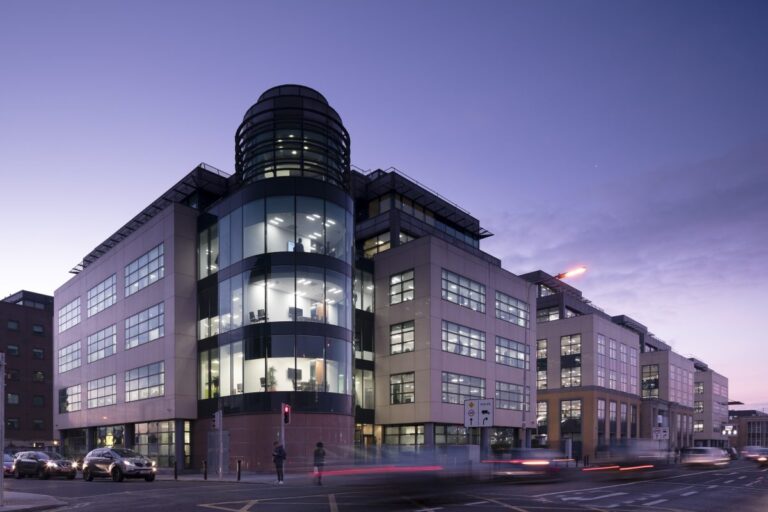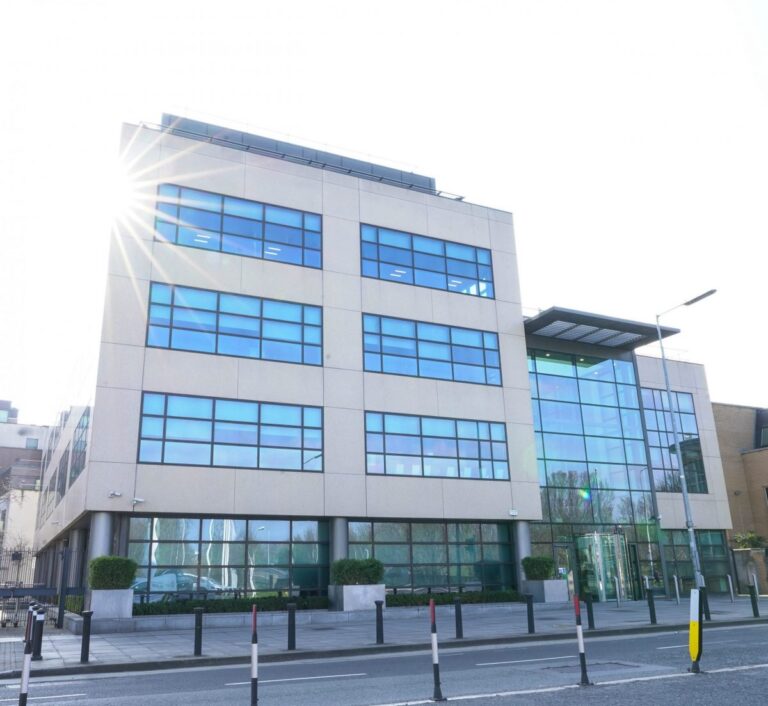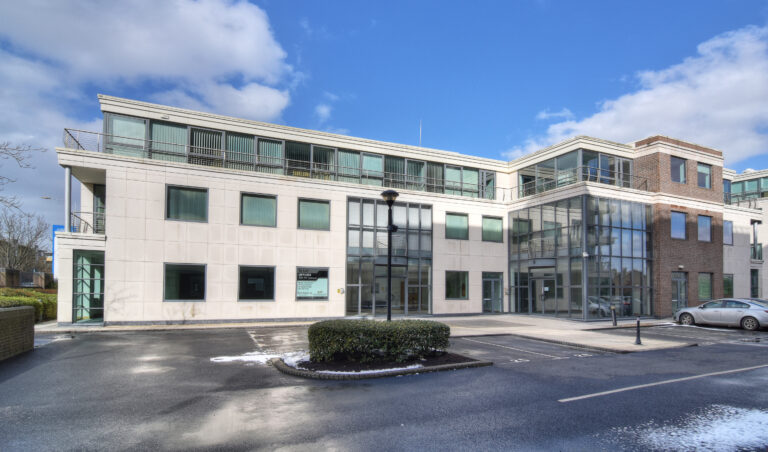Yew Grove REIT plc (LON:YEW) Chief Executive Officer Jonathan Laredo caught up with DirectorsTalk for an exclusive interview to discuss the highlights from their results, how they were able to grow the portfolio, reduce vacancy, and increase the rent roll, ESG, significant pipeline of potential acquisitions and what investors can expect for the reminder of the year.
Q1: First off, congratulations on a strong set of results. Can you just talk us through the highlights please?
A1: People know very well about Yew Grove REIT’s collections statistics, we were talking about them through most of last year but for me, the highlight was the valuation increase which drove the NAV increase in the year.
I think most people who looked at landlords with large office portfolio had expected a weakening in valuations but in fact, our asset management drove an increase in valuations across the board.
Q2: So, how have you managed to grow your portfolio, reduce vacancy, and increase the rent roll in such difficult times?
A2: Well, I think we can’t claim the credit entirely. I think we have the right strategy, our offices are predominantly in regional locations outside of the CBD of Dublin and those locations are ones where there is very little vacancy and there are tenants whose businesses are growing, largely multinationals, who need suitable accommodation.
Clearly, the middle of last year, from March all the way through to September, because people weren’t occupying offices, there was very little happening. Despite that, we managed to let our property in Millennium Park, a brand new property, to Aldi and the reason they took that was they wanted to do some work in the property in order to make it suitable for their employees, they needed to sign a lease early and we knew that it was going to happen.
Secondly, as we approached the end of the year, most tenants realised that even though work from home maybe an issue which would mean they have a reduced demand for offices, that doesn’t stop them needing offices and we have been talking to prospective tenants for a long time and we’ve started to see our vacant space let up. So, that that’s worked well.
Rents are increasing across our portfolio and that’s just a function of supply and demand. Across Ireland, most market rents tend to be below the level at which new construction would be generated and with an excess of demand over supply, depression is upward on rents. So, as we have rent reviews, the pressure is upwards so we get more rents now than we had previously and that’s in fact been happening across our portfolio over the last three years and we expect it to continue the next three.
The final point on valuation is we believe there is a serious amount of embedded value in our portfolio, currently the discount rates are very conservative in our industrial portfolio and we think slightly conservative in our office portfolio. Both of which mean that we can continue to generate value through asset management and we will, but we also expect our portfolios to increase in value as the discount rates begin to catch up with what people would expect to see.
Q3: Now with ESG and sustainability becoming more and more important, how will you go about greening your portfolio?
A3: There are two sides of that.
The first is clearly we are very keen to reduce the environmental footprint of our buildings and that means a couple of things, it means measuring all of the output so we understand to what extent the buildings create greenhouse gases. That’s something we’ve begun to do and we’ve seen the effects of that, initial measurements are all in the annual report. In addition, we want to improve the buildings as well, make them better places to work, make them reduce their impact so for example, across our multi-lets portfolio, 100% of the energy is from renewable sources, we started using green cleaning we looked to improve waste disposal. Across our single tenanted buildings, it’s more complicated, there we actually have to work with the tenants and because many of the office tenants during 2020 weren’t in occupation, clearly that slowed down the work we’ll do there. In my view, this is really a journey rather than a destination, this will be something we do every year, we improve the portfolio every year.
Other things we’re doing, we’ve interacted with the local community, that was again hampered by the fact that so many people were working from home last year but we’ve made strides in both the charitable work that we’re doing and working with local institutes of technology and that will improve in 2021/2022. On corporate governance, I think we are already at the sort of level you would expect of a large public company, let alone a small one, and on diversity, we’re improving the diversity in the company, for example, last year, 50% of our hires were women, but we’ve got a long way to go. I would expect that to improve as we grow so I would hope our ESG is something you see a lot more of in future.
Q4: You touched on this earlier but can you tell us more about the significant pipeline of potential acquisitions that are in excess of over €100 million that you’ve identified?
A4: In fact, it’s more than that. What we have is a pipeline that we’ve identified for 2021 which is actually more like €300 million which breaks down into an initial pipeline, something in front of us in the order of €153 million of which we would say we could spend €60/70 million today if we had the money.
Some of that pipeline is from transactions which would have normally occurred in 2020 but were delayed because during the second and third quarters of 2020, vendors did not think they should sell their buildings because of the pandemic and therefore they delayed and they delayed that decision through to 2021.
Some of the pipeline is from people who have got specific tax breaks offered by the Irish government which they invested in 2013/14, where if they held a building for seven years, they could sell it tax free so some of those people are coming to the market now.
Some of the pipeline is from developers who put up new buildings in the last couple of years and would like to finance them and then finally, we have asset managers who are rotating out of assets they currently own.
The confluence, the aggregation of all of those effects have meant that we have seen the best pipeline that I have seen in over seven years of being in this market.
Q5: What can investors expect from Yew Grove REIT for the remainder of the year?
A5: There are a few things but in particular, what you would expect to see is more asset management. Last year was a year of good asset management for the company but as lockdown ends, and in Ireland that may be slightly slower than in the UK because of the vaccine rollout, you’re going to see more and more asset management from the company. This will lead to higher rents, and we hope higher values and therefore, more value for shareholders.
You would expect to see some acquisitions out of existing capacity, we’ve already announced our new forward financing in Athlone and I would expect to see at least one acquisition of new property using leverage capacity we have.
I would hope that, subject to market conditions, we raise more capital because as is clear from our pipeline, raising more capital will allow us to capture that pipeline, which will be highly accretive to shareholders, at least in the short to medium term. When that happens, we hope that we will be increasing the number of retail investors on our shareholder list because that will improve liquidity in the shares.








































